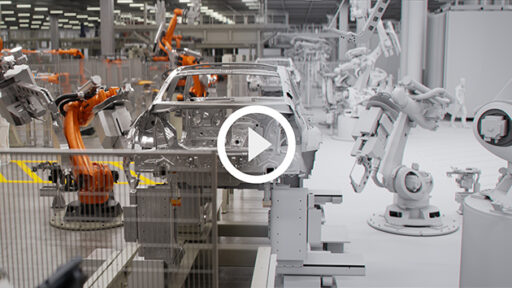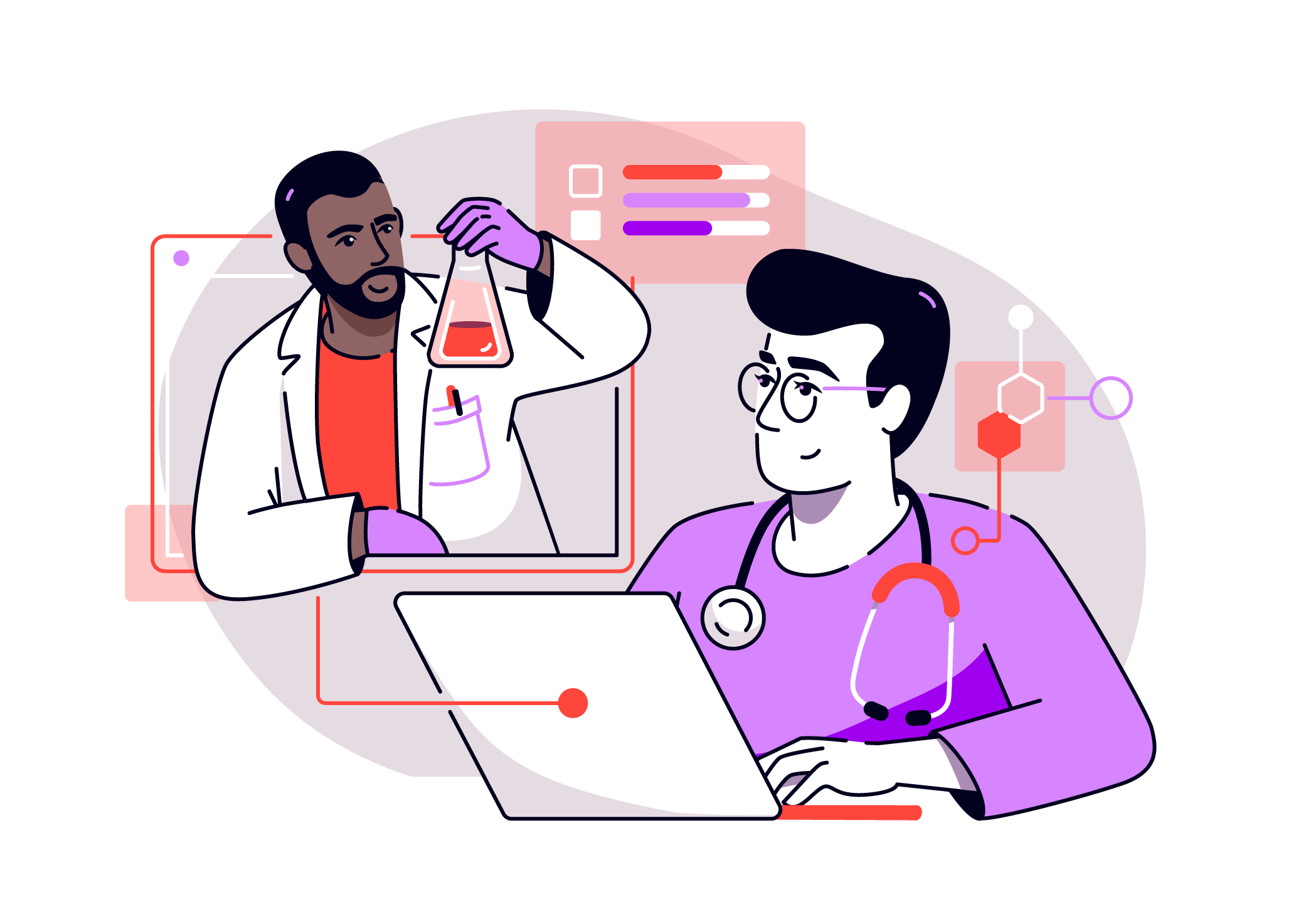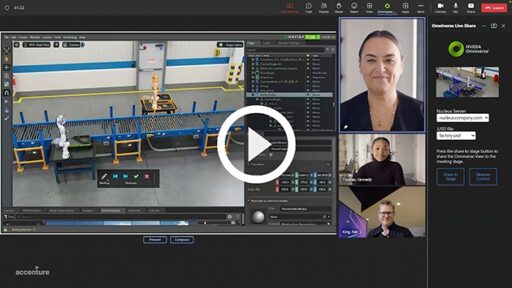In the rapidly evolving landscape of healthcare, advanced technology is at the forefront of driving innovation in medical devices. These next-generation devices, powered by technologies such as artificial intelligence (AI), machine learning (ML), and high-performance computing (HPC), are revolutionizing patient care, diagnosis, and treatment. Below you find some of the key benefits and impacts of these technological advancements:
- Enhanced Diagnosis and Treatment: AI and ML algorithms can process and analyze vast amounts of health data quickly and accurately, leading to faster and more precise diagnosis and treatment plans.
- Predictive Capabilities: AI-powered medical devices can predict potential health issues based on a patient’s health data, allowing for early intervention and potentially preventing severe medical conditions.
- Personalized Care: Modern medical devices can adapt to the unique needs of each patient, delivering personalized care and improving patient outcomes.
- Real-Time Monitoring: IoT-enabled devices can provide real-time health monitoring, giving healthcare providers the ability to make informed decisions quickly and improve patient care.
- Increased Accessibility: Advances in technology are leading to more portable and user-friendly medical devices, making healthcare more accessible and convenient for patients, particularly those in remote or underserved areas.
- Cost-Efficiency: By improving diagnosis accuracy, enhancing treatment effectiveness, and reducing hospital stays, advanced medical devices can lead to significant cost savings in the healthcare system.
The power of modern technology in medical devices is shaping the future of healthcare. By enhancing diagnostic capabilities, improving patient care, and making healthcare more accessible and cost-efficient, these advancements hold the promise of transforming the healthcare industry and improving patient outcomes worldwide.



